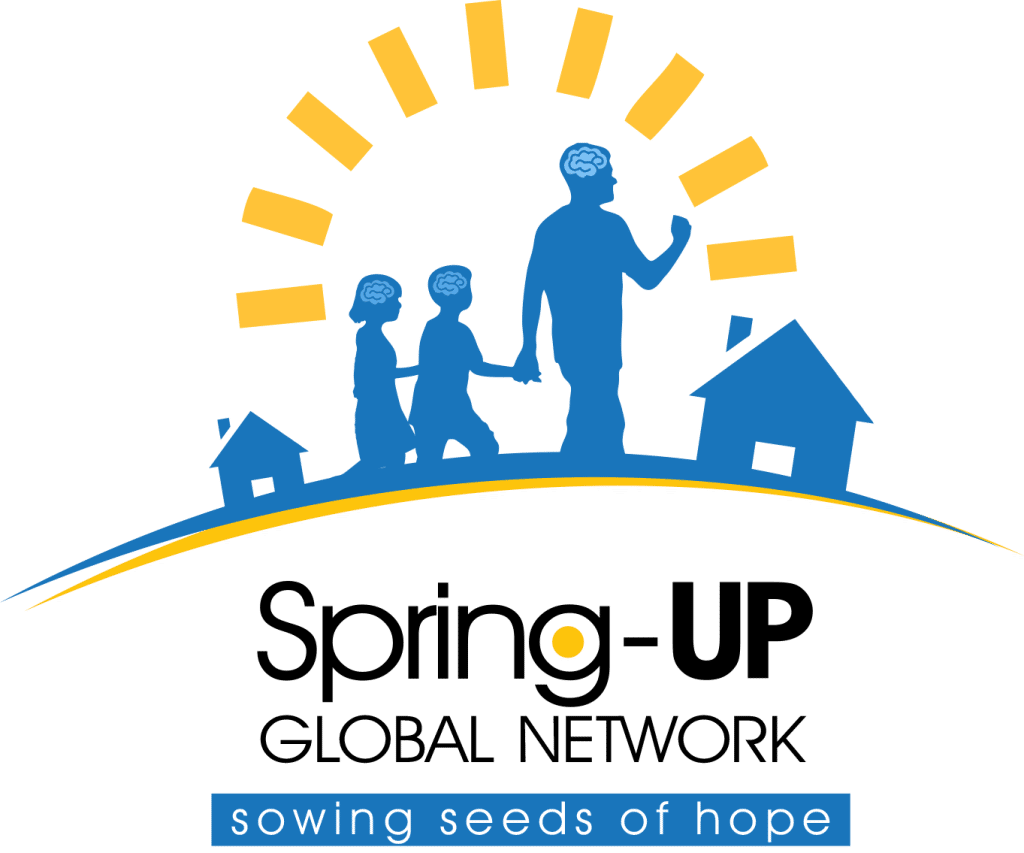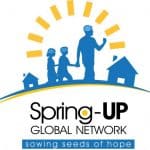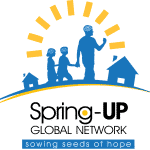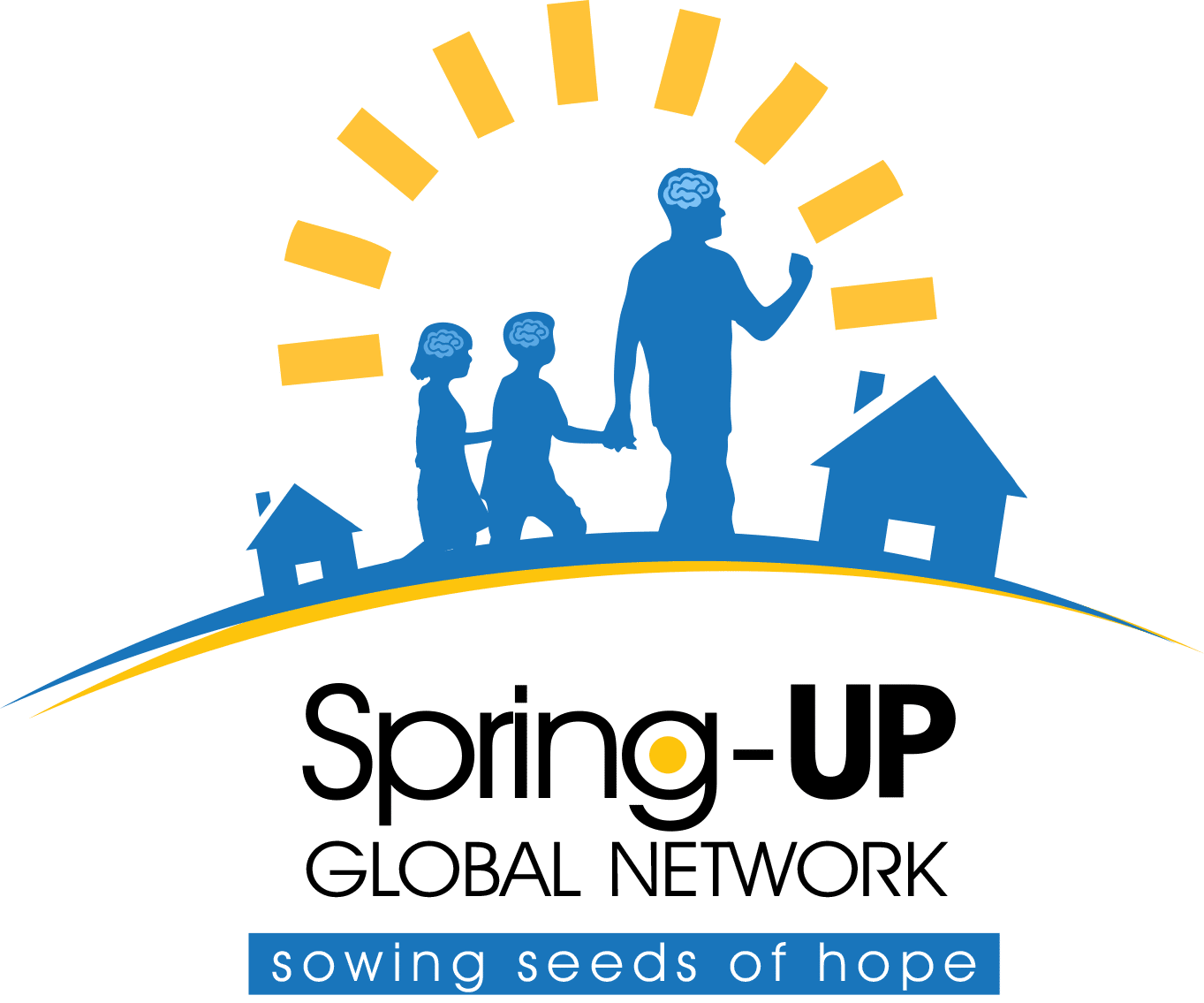A. Libraries & Reading
- A 2023 report by the Ghana Library Authority revealed that less than 30% of public basic schools have functioning libraries. In rural Ghana, only 1 in 10 schools has access to a stocked library, limiting exposure to books and reading culture.
Source: Ghana Library Authority - The extent to which children and young people of today will be creative, informed, and knowledgeable will be shaped by the contents of the library resources made available to them.
Source: Ghana Library Authority - In Ghana, 52% of children without foundational reading skills come from the country’s poorest regions. This means millions of children are unable to read and understand a simple sentence by age 10—a critical milestone for lifelong learning and success.
Source: UNICEF MICS-EAGLE, 2020
B. Career Awareness and Mentorship
- Mentorship programmes have been shown to increase school attendance by up to 55% and significantly improve academic performance, especially among disadvantaged children. In Ghana, NGOs and community-based organisations are filling this gap, but coverage remains limited in underserved regions.
Source: Community Tool Box - Employment in STEM occupations is projected to grow by 10.4% from 2023 to 2033, compared to a 4.0% growth rate for all occupations.
Source: US Bureau of Labor Statistics - Countries like Russia, Germany, Iran, and India produce over 30% of their graduates in STEM fields. In the United States, 20% of graduates obtain a STEM degree, highlighting the global emphasis on STEM education. However, Ghana’s Education Strategic Plan (ESP 2018 – 2030) highlights that only 12 per cent of Senior High School students enrol in science disciplines.
Source: Ghana’s Education Strategic Plan (ESP 2018 – 2030)
C. Leadership Development in Schools
- A 2025 global study found that only 27% of organisations include youth-focused leadership training in their programmes. In Ghana, leadership training is rarely integrated into the formal curriculum, leaving a gap in nurturing confident, ethical, and visionary young leaders.
Source: 2025 Global Leadership Development Study
These insights reinforce the strategic importance of SUGN’s work in promoting reading culture, providing career awareness and mentorship, and advocating for systemic change in education.



